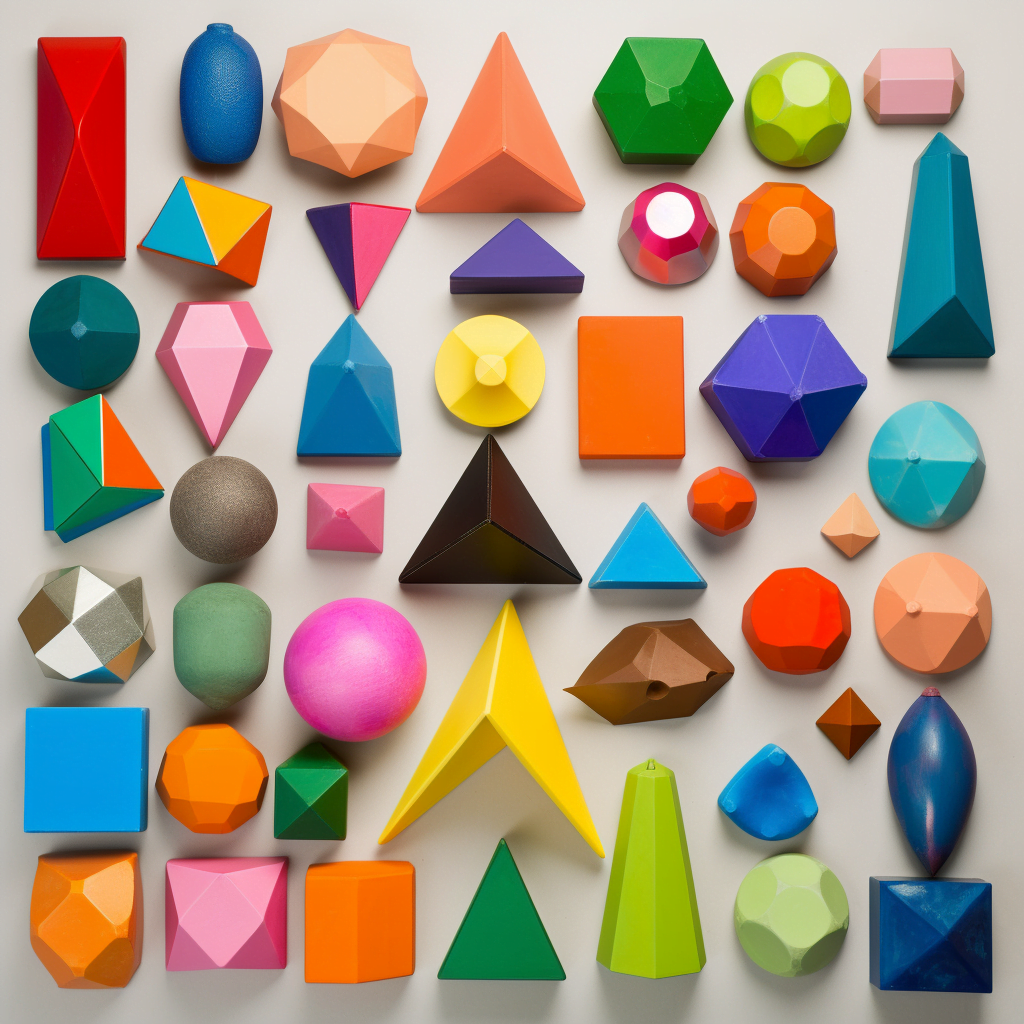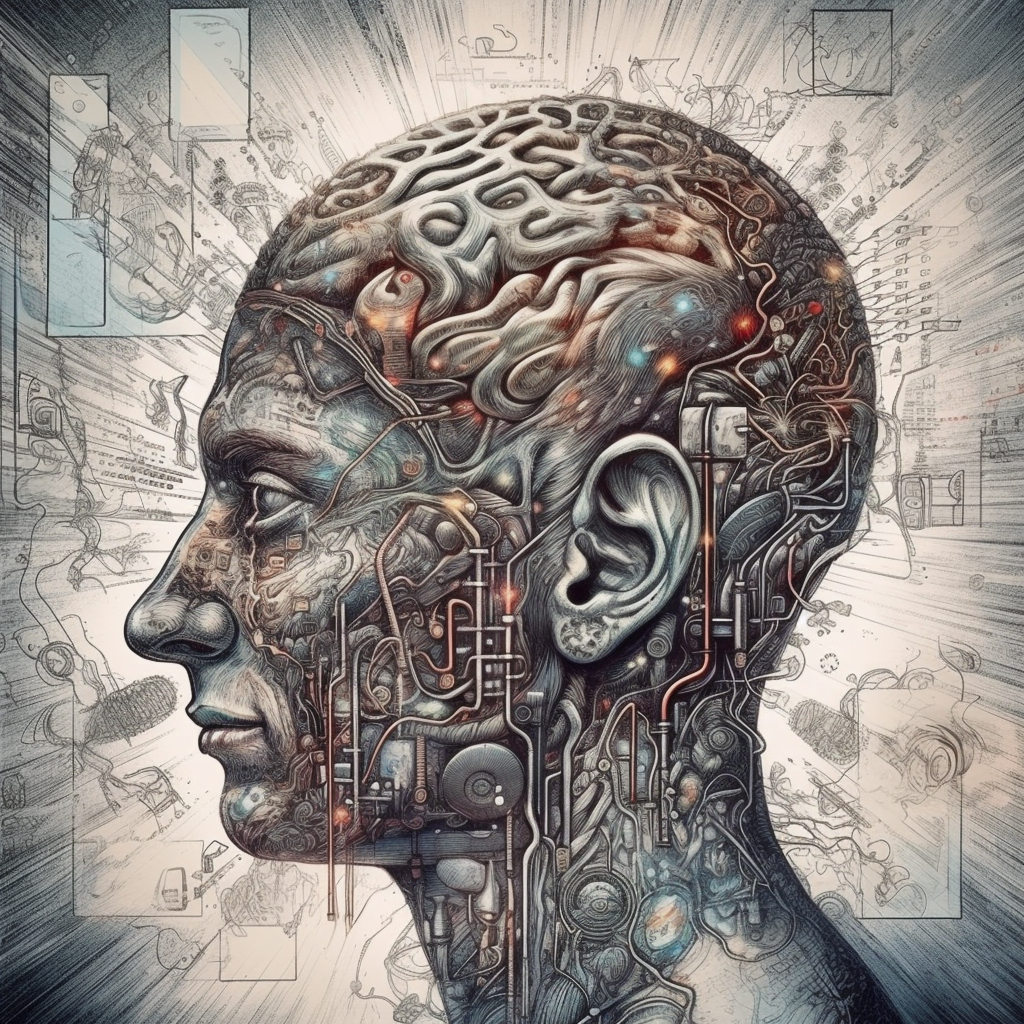
Seriation is the ability to sort objects and events according to a characteristic like color or sound or shape. The third stage of Piaget’s theory of cognitive development is called the concrete operational stage. This stage is from ages 7 to 12 and marks a child’s increased logic and reasoning. This is where seriation occurs.
For example, a child be able to sort different objects by height or size if given the choice. Or to sort hamburgers from most delicious all the way down to McDonald’s attempt at culinary garbage.
Seriation: The Magical Sorting Hat in Our Brains
If the brain had a sorting hat like the one in Harry Potter, seriation would be the magical power behind it. It’s the mind’s ability to line things up based on various characteristics. This mental wizardry is essential for making sense of the world and helps the brain process and categorize information more efficiently.
Piaget’s Concrete Operational Stage: The Seriation Factory
The great Swiss psychologist, Jean Piaget, explored the idea of seriation in his theory of cognitive development. During the concrete operational stage, children gain the power of seriation, allowing them to analyze and sort things like never before. It’s like a little seriation factory starts working in their brains, helping them put everything in the right order.
Seriation and Everyday Life: Making Sense of the World
Seriation isn’t just a fancy term for a mental ability; it plays a crucial role in daily life. From organizing a messy room to making sense of a grocery list, seriation helps people prioritize and structure their thoughts. It’s like having a mental GPS that helps navigate through the maze of life.
Children don’t magically develop seriation skills overnight. They start as fumbling toddlers, unable to make sense of the world around them. But as they grow and enter the concrete operational stage, their seriation skills improve dramatically. Soon enough, they can sort objects by size, color, and even more complex characteristics like deliciousness!
Seriation Skills: The Building Blocks of Problem Solving
Seriation skills are essential for problem-solving. Without them, it would be like trying to solve a jigsaw puzzle with all the pieces flipped upside down. Seriation helps flip the pieces right-side up and put them in the right order. It’s the foundation upon which higher cognitive abilities are built, like a mental scaffolding that supports more complex thinking.
Seriation in Action: Real-World Examples
To better understand the power of seriation, let’s dive into some real-world examples:
Example 1: Organizing Books on a Shelf
A child with well-developed seriation skills can organize a collection of books by height, alphabetical order, or even by the color of their covers. It’s like having a little librarian inside their brain, putting everything in the right place.
Example 2: Sorting Toys by Size
Imagine a messy playroom full of toys of different shapes and sizes. A child with seriation skills can sort the toys by size, making it easier to find the perfect toy for playtime. It’s like having a personal toy organizer on standby.
Example 3: Lining Up for Recess
In school, kids might be asked to line up from tallest to shortest or vice versa. Using seriation skills, they can easily arrange themselves in the proper order. It’s like having a built-in height detector that helps create the perfect lineup.
Example 4: Arranging Dinnerware
A child might be tasked with setting the table for dinner. They can use seriation skills to arrange plates, bowls, and cups in the right order based on size, ensuring that everything is in its proper place. It’s like having a little butler inside their brain, making sure the table is set to perfection.
In conclusion, seriation is an essential cognitive skill that allows people to sort and organize information in their minds. Developed during the concrete operational stage of Piaget’s theory, seriation helps make sense of the world and lays the groundwork for more complex thinking. From organizing books on a shelf to lining up for recess, seriation plays a vital role in everyday life, turning fumbling toddlers into seriation superstars.




